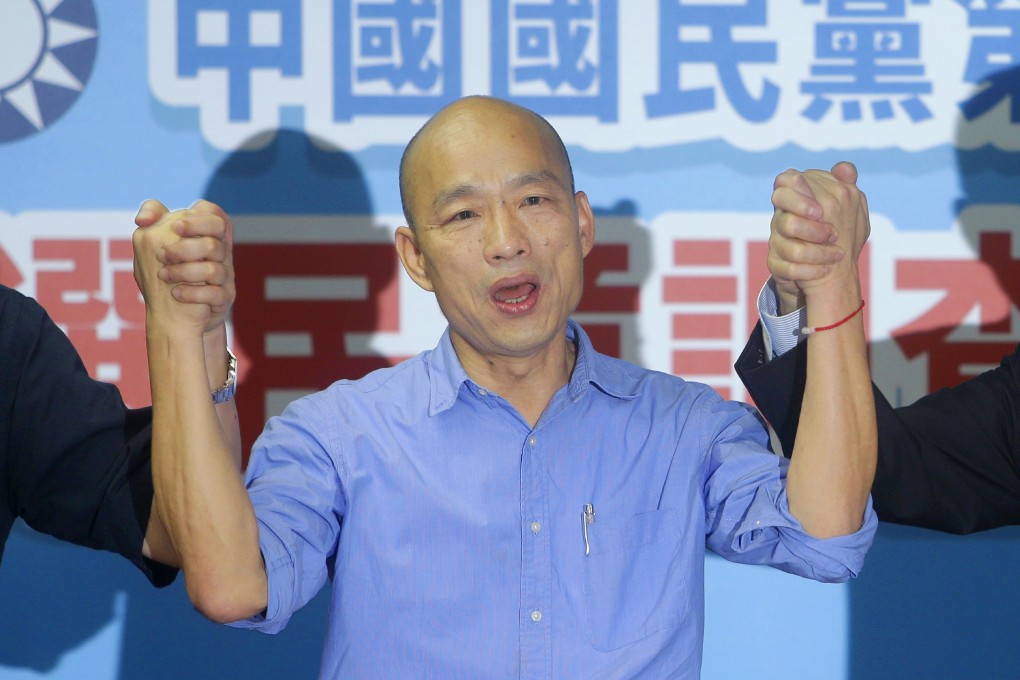Taiwan investigates spy’s claim Beijing spent US$200 million trying to influence presidential election
- Taipei sets up team to look into allegations made by self-confessed spy who is seeking asylum in Australia
- Wang Liqiang says he was personally involved in making a US$2.8 million donation to Beijing’s preferred candidate Han Kuo-yu in last year’s mayoral polls

The government had “taken serious note of the case” and “national security units have set up a committee to follow up” on evidence already collected, the presidential office said in a statement on Saturday.

He also accused Beijing of buying media coverage, infiltrating universities, funnelling donations to favoured candidates and creating thousands of social media accounts to attack Taiwan’s independence-leaning Democratic Progressive Party government, The New York Times reported.
The mainland’s intelligence efforts included creating more than 20 media and internet companies to launch “targeted attacks”, and investing about US$200 million over an unspecified period in television stations in Taiwan, the report quoted Wang as saying.
He said that he had personally helped to funnel donations totalling about 20 million yuan to Han during the 2018 polls, but did not explain how such a large sum of money failed to arouse suspicion.